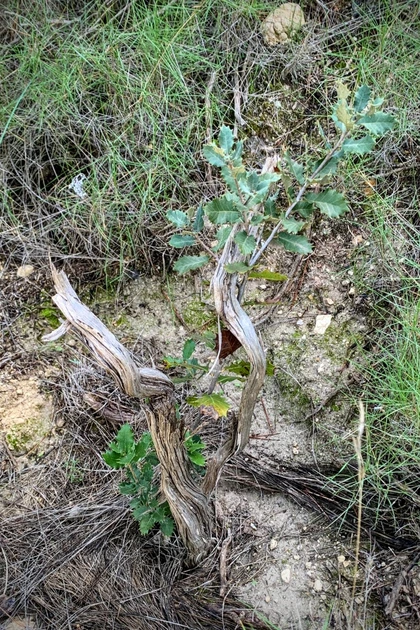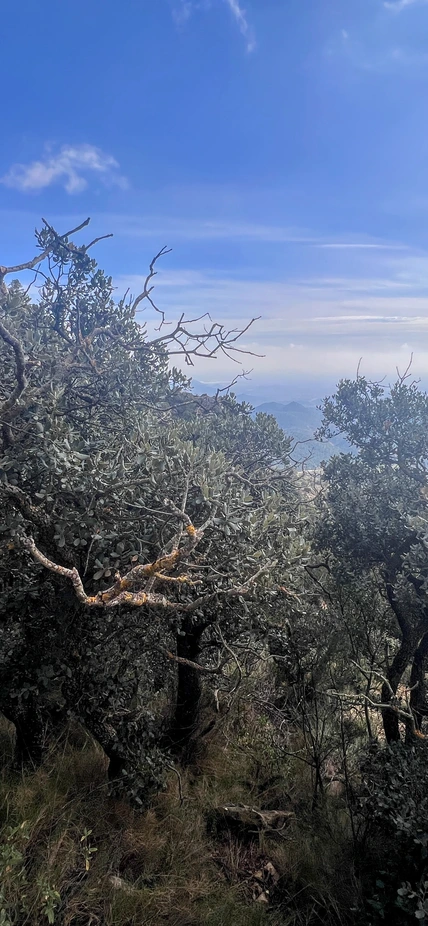
Palo Alto, CA—Carnegie evolutionary geneticist Moises Exposito-Alonso won the 2022 New Phytologist Tansley Medal for outstanding contributions to plant science by an early career researcher.
As a Tansley Medal recipient, Exposito-Alonso is profiled in the March issue of New Phytologist, which also contains an essay he wrote about his research on the need to study the extinction risk to plants posed by climate change through a new lens of eco-evolutionary genomics.
New Phytologist is a leading journal focusing on high quality, original research across the broad spectrum of plant sciences, from intracellular processes through to global environmental change. The journal is owned by the New Phytologist Foundation, an independent, not-for-profit organization dedicated to the promotion of plant science.

and a foundational species supporting hundreds or thousands of other species," he said.
“Congratulations to Moi on this well-deserved honor,” said Carnegie Biosphere Sciences and Engineering Director Margaret McFall-Ngai. “His work demonstrates the creativity and interdisciplinarity that is the hallmark of the Carnegie approach.”
In his role as a Carnegie Staff Associate—a prestigious program designed to give young scientists the freedom and independence to pursue bold and unconventional research—Exposito Alonso deploys a combination of computational and experimental methods to describe fundamental principles of evolution and adaptation of plants to different climates. His findings can be used to anticipate biodiversity loss and inform conservation strategies.
Plants are the primary focus of Exposito-Alonso’s work, because they underpin nearly every ecosystem and define so many global systems and cycles.
“By understanding the foundational plant communities, you understand the world,” he told New Phytologist in his medalist profile, adding that plant populations’ vulnerability to climate change makes their protection extremely important. “If they fall, will all other species that depend on them fall too?”
A combination of climate change and habitat loss has put a great deal of stress on many plant species. In order to understand and mitigate the dangers, it is crucial to view the issue from a population and evolutionary perspective, Exposito-Alonso explains in his New Phytologist essay.
Each population of a plant species has its own unique adaptations to the surrounding environment and its own genetic variation upon which to draw in order to survive. In his piece, Exposito-Alonso outlines his team’s efforts to explore the risks plants face from a population and evolutionary angle, which will enable the scientific and policymaking communities to better predict and prevent plant extinctions.
“We are building a framework to reveal the erosion of evolutionary potential caused by shrinking habitats and climate change, and how adaptation could revert this trend” Exposito-Alonso concluded.
